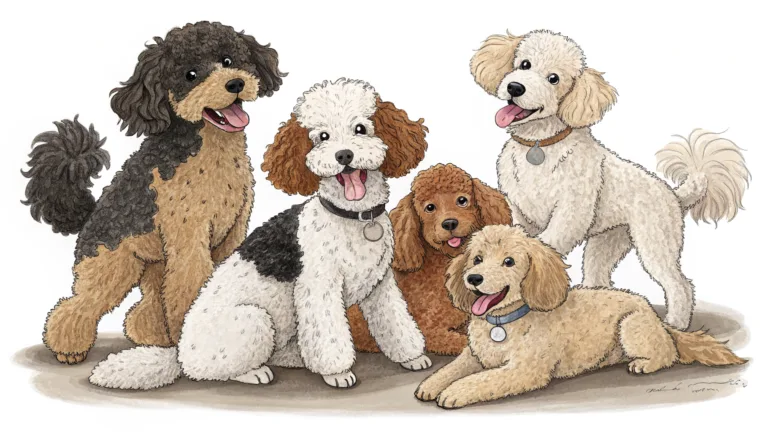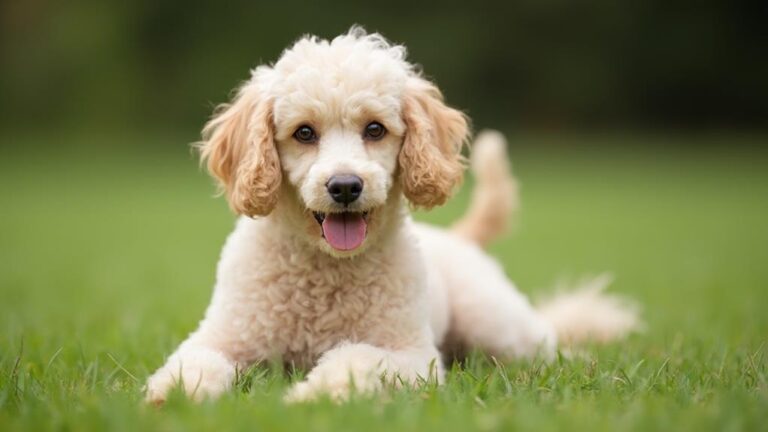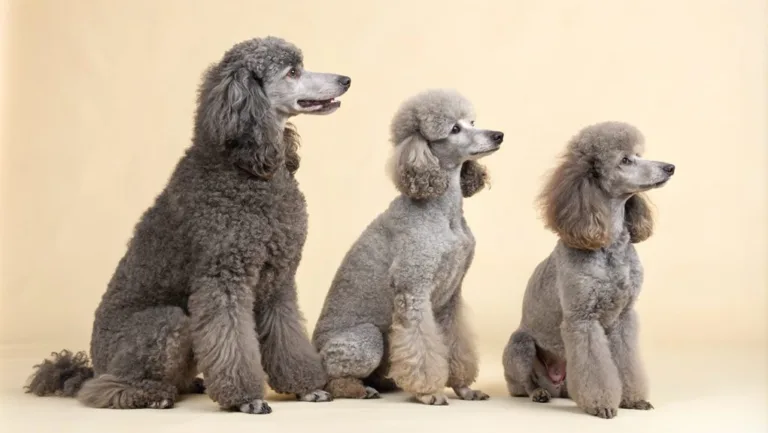Bernedoodle Merle All You Need To Know
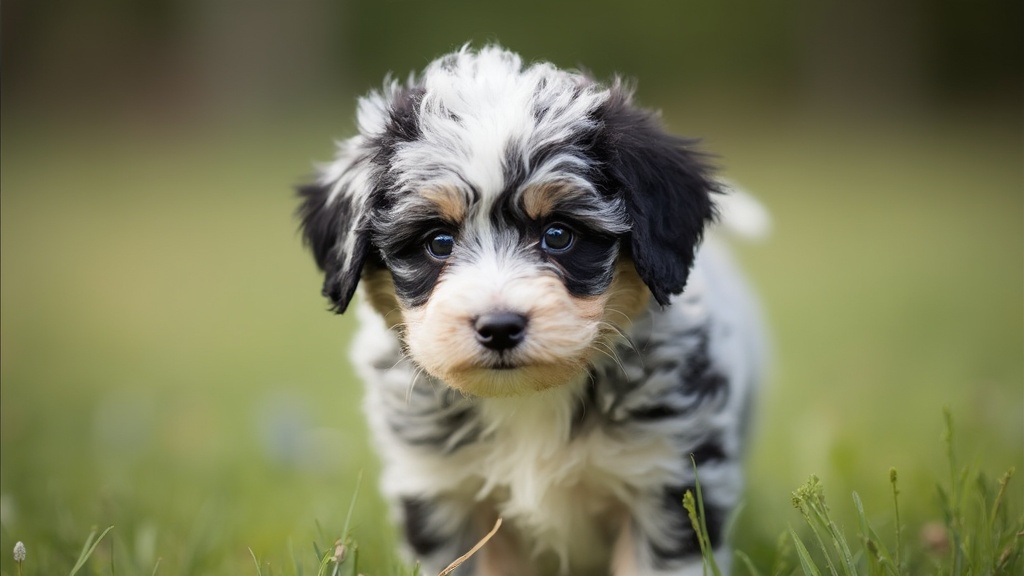
We’ve all seen those stunning dogs with patches of color swirling across their coats like a painter’s canvas. But have you heard of the Bernedoodle Merle?
This unique hybrid combines the best of Bernese Mountain Dogs and Poodles, with an extra splash of visual flair. As we explore this captivating breed, we’ll uncover not just their eye-catching appearance, but also their lovable personalities and special care requirements.
Whether you’re considering adding one to your family or simply curious about these charming canines, there’s much more to the Bernedoodle Merle than meets the eye. Let’s start our journey into the world of these remarkable dogs.
Origins of Bernedoodle Merle
In recent years, the Bernedoodle Merle has captured the hearts of dog lovers worldwide. This unique breed combines the best qualities of Bernese Mountain Dogs and Poodles, with an added twist of the striking merle pattern.
We’ve seen a surge in popularity for these eye-catching canines, but their origins are worth exploring.
The journey of the Bernedoodle Merle began with the intentional breeding of Bernese Mountain Dogs and Poodles.
While neither parent breed naturally carries the merle gene, it was introduced through careful breeding practices.
The merle pattern, characterized by mottled patches of color, results from a genetic variation affecting pigmentation.
Breeding Merle Bernedoodles requires expertise and caution. Responsible breeders understand the importance of genetic testing to avoid health issues associated with the merle gene.
They aim to produce healthy puppies with the desired coat patterns while maintaining the friendly temperament and intelligence of both parent breeds.
The result is a dog that combines the loyalty and gentle nature of the Bernese Mountain Dog with the intelligence and hypoallergenic coat of the Poodle, all wrapped up in a stunning merle package.
Distinctive Coat Patterns
When you see a Bernedoodle Merle, you’ll be struck by its distinctive coat patterns. The merle coat is a mesmerizing blend of colors that sets these dogs apart from their non-merle counterparts.
We often describe the merle pattern as a marbled or mottled appearance, with patches of darker pigment scattered across a lighter background.
Merle Bernedoodles can display a variety of coat colors, including blue merle, chocolate merle, and red merle. Each unique coat pattern is like a work of art, with no two dogs looking exactly alike.
The merle gene creates these stunning effects by diluting random sections of the coat, resulting in a beautiful patchwork of shades.
It’s important to note that while the merle patterns are undeniably attractive, they’re more than just aesthetically pleasing.
The gene responsible for this coat type can also affect eye color, often resulting in striking blue or heterochromatic eyes.
When considering a Merle Bernedoodle, remember that their unique coat isn’t just about looks – it’s a fascinating genetic trait that makes each dog truly one-of-a-kind.
Temperament and Personality Traits

Beyond their captivating appearance, Merle Bernedoodles boast a winning personality that makes them excellent companions.
We’ve found that these dogs inherit the best traits from both parent breeds, resulting in a well-rounded temperament that’s hard to resist.
Merle Bernedoodles are known for their intelligence, affection, and loyalty. They’re typically calm and gentle, making them great family pets. Their eager-to-please nature means they’re usually easy to train, responding well to positive reinforcement techniques.
However, early socialization is key to ensuring they grow into well-adjusted adults.
These dogs are adaptable and can thrive in various living situations, from apartments to houses with large yards.
They’re generally good with children and other pets, though supervision is always recommended.
Merle Bernedoodles require regular exercise to maintain their physical and mental health, but they’re not overly demanding.
It’s important to note that while the Merle gene affects their appearance, it doesn’t impact their personality.
However, responsible breeding practices are crucial to avoid health issues associated with double Merle breeding.
With proper care and attention, Merle Bernedoodles make loving, devoted companions for years to come.
Health Considerations
While Merle Bernedoodles are generally healthy dogs, they do come with some specific health considerations that potential owners should be aware of.
The merle gene, responsible for their unique coat pattern, can also lead to certain genetic health concerns. We strongly advise prospective owners to research and understand these issues before bringing a Merle Bernedoodle into their home.
One of the most significant concerns is the risk associated with “double merle” breeding. When two merle dogs are bred together, there’s a 25% chance of producing a double merle puppy, which can have severe health issues, including deafness and vision problems.
That’s why responsible breeding practices are crucial in maintaining the health and temperament of these dogs.
Other potential health issues to watch for include hip dysplasia, eye problems, and skin conditions. Regular vet check-ups and genetic testing can help identify and manage these concerns early on.
Training and Socialization
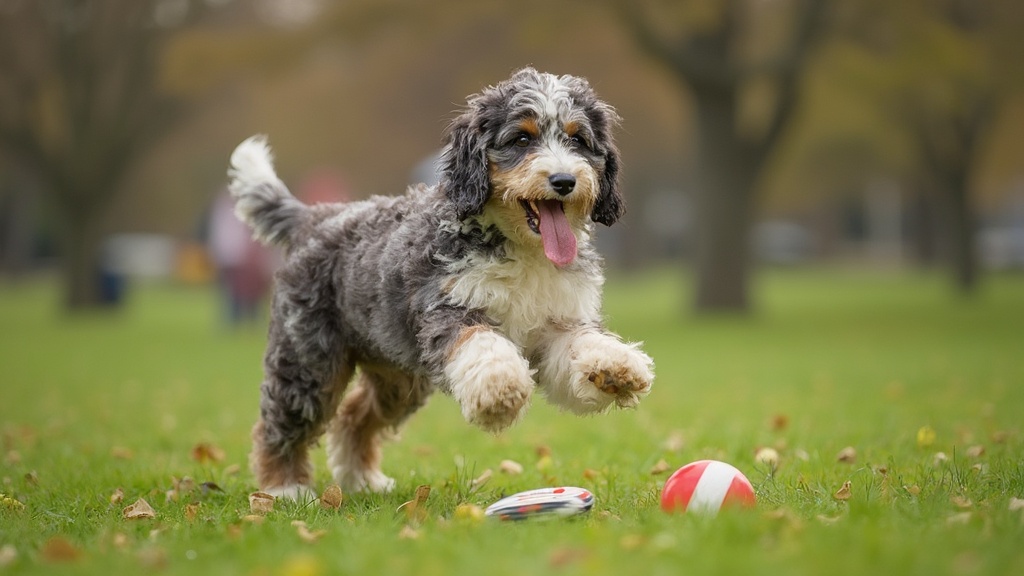
Proper training and socialization are key to raising a well-adjusted Merle Bernedoodle. We can’t stress enough how important it’s to start early with these intelligent dogs.
Their quick-learning nature makes them receptive to training, but consistency is crucial.
We recommend using positive reinforcement techniques, as Merle Bernedoodles respond best to praise and rewards.
Start with basic obedience commands and gradually move to more complex tasks. Don’t forget to incorporate mental stimulation exercises to keep their minds sharp.
Socialization should begin as soon as possible. Expose your Merle Bernedoodle to various people, animals, and environments to build confidence and prevent fear or aggression.
We suggest puppy classes, supervised playdates, and regular outings to diverse locations.
Grooming Requirements
Grooming a Merle Bernedoodle requires regular attention due to their unique coat characteristics. The merle pattern doesn’t affect grooming needs, but the Bernedoodle’s coat type does.
We’ll need to brush our Merle Bernedoodle’s coat at least 2-3 times a week to prevent matting and tangles. For Bernedoodles with curlier coats, daily brushing might be necessary.
We should use a slicker brush or metal comb to work through the coat, paying extra attention to areas prone to matting like behind the ears and under the legs.
Regular baths every 4-6 weeks will help maintain coat health, but we shouldn’t overdo it to avoid stripping natural oils. Professional grooming every 6-8 weeks is recommended for coat trimming and maintenance.
We’ll also need to clean our Merle Bernedoodle’s ears weekly, trim nails monthly, and brush teeth regularly. By staying on top of grooming, we’ll keep our Merle Bernedoodle looking their best and prevent potential skin issues.
Choosing Your Merle Bernedoodle

Now that we’ve covered grooming, let’s focus on selecting the perfect Merle Bernedoodle for our family.
When choosing a merle Bernedoodle, it’s crucial to work with a responsible breeder who understands the genetics behind these unique dogs.
A reputable breeder will provide health clearances and be transparent about the potential risks associated with merle puppies.
We’ll want to consider the various coat patterns available in merle Bernedoodles. From blue merle to chocolate merle, each pattern offers distinct visual appeal.
However, we shouldn’t choose based on looks alone. It’s essential to meet the puppies in person and observe their temperaments. A well-socialized puppy will be curious and friendly.
We should also inquire about the parents’ health histories and ask to see them if possible. This can give us insight into the puppy’s potential size and personality traits.
Conclusion
We’ve covered the essentials of Bernedoodle Merles, from their unique origins to their stunning coat patterns.
We’ve explored their lovable personalities and highlighted important health considerations. Remember, training, socialization, and grooming are key to raising a happy, well-adjusted Bernedoodle Merle.
When you’re ready to bring one home, choose a reputable breeder who understands merle genetics. With proper care and attention, your Bernedoodle Merle will be a loyal, intelligent, and beautiful companion for years to come.



